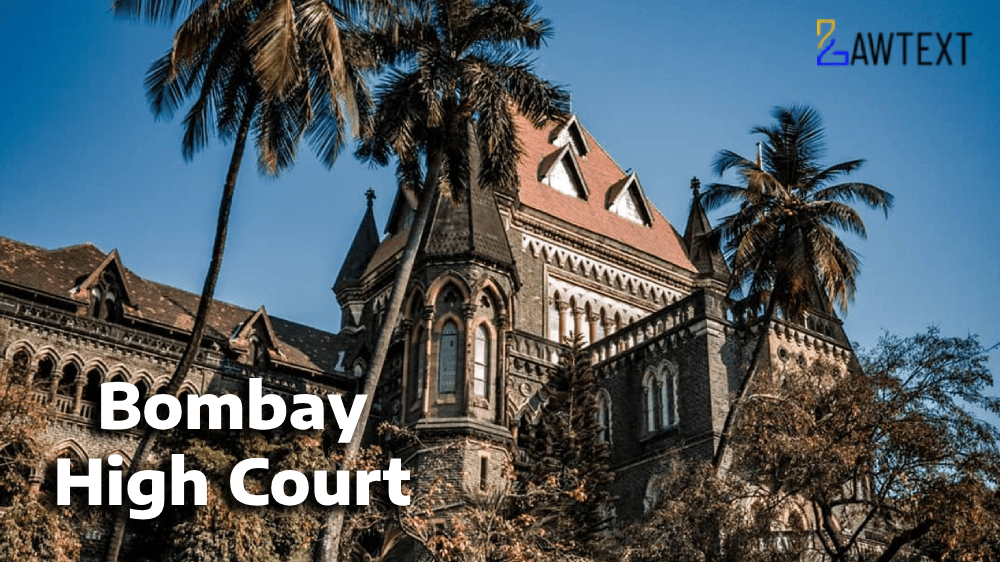

The Bombay High Court deliberated on whether claims for trademark infringement and passing off could be joined in a single suit. The plaintiff sought to combine both claims under Clause XIV of the Letters Patent, citing jurisdiction based on its principal office in Mumbai for the infringement claim, while no cause of action for passing off occurred within the court's jurisdiction. The defendant opposed this, arguing potential hardship and procedural impropriety.
After reviewing arguments, the Court ruled in favor of the plaintiff, granting leave to combine the claims, emphasizing the importance of avoiding multiplicity of proceedings. This decision hinged on the interpretation of Section 134(2) of the Trademarks Act, 1999 and its interaction with Clause XIV of the Letters Patent.
The Court's decision emphasizes that Clause XIV of the Letters Patent can be invoked to combine multiple causes of action, even when only one falls within the court's jurisdiction. This prevents multiplicity of proceedings and reduces litigation complexity, provided that jurisdiction over one claim is established.
Trademark Law, Jurisdiction
Trademark Infringement, Passing Off, Multiplicity of Proceedings, Letters Patent, High Court
Citation: 2024 LawText (BOM) (9) 265
Case Number: LEAVE PETITION NO. 132 OF 2020 IN COMMERCIAL IPR SUIT NO. 178 OF 2022
Date of Decision: 2024-09-26
Case Title: Bajaj Electricals Limited Versus Electronics Mart India Limited & Ors.
Before Judge: R.I. CHAGLA J
Advocate(s): Dr. Virendra Tulzapurkar, Senior Counsel a/w Mr. Ameet Naik, Mr. Aseem Naphade, Mr. Madhu Gagodia, Mr. Sujoy Mukherji, Deveesha Tudekar i/by Naik Naik & Co. for the Petitioner/Plaintiff. Mr. Ravi Kadam, Senior Counsel, Mr. Rohan Kadam a/w Ms. Saloni Shah, Ms. Pranita Saboo, Ms. Rucha Vaidya i/by DSK Legal for the Respondents/Defendants.
Appellant: Bajaj Electricals Limited
Respondent: Electronics Mart India Limited & Ors.